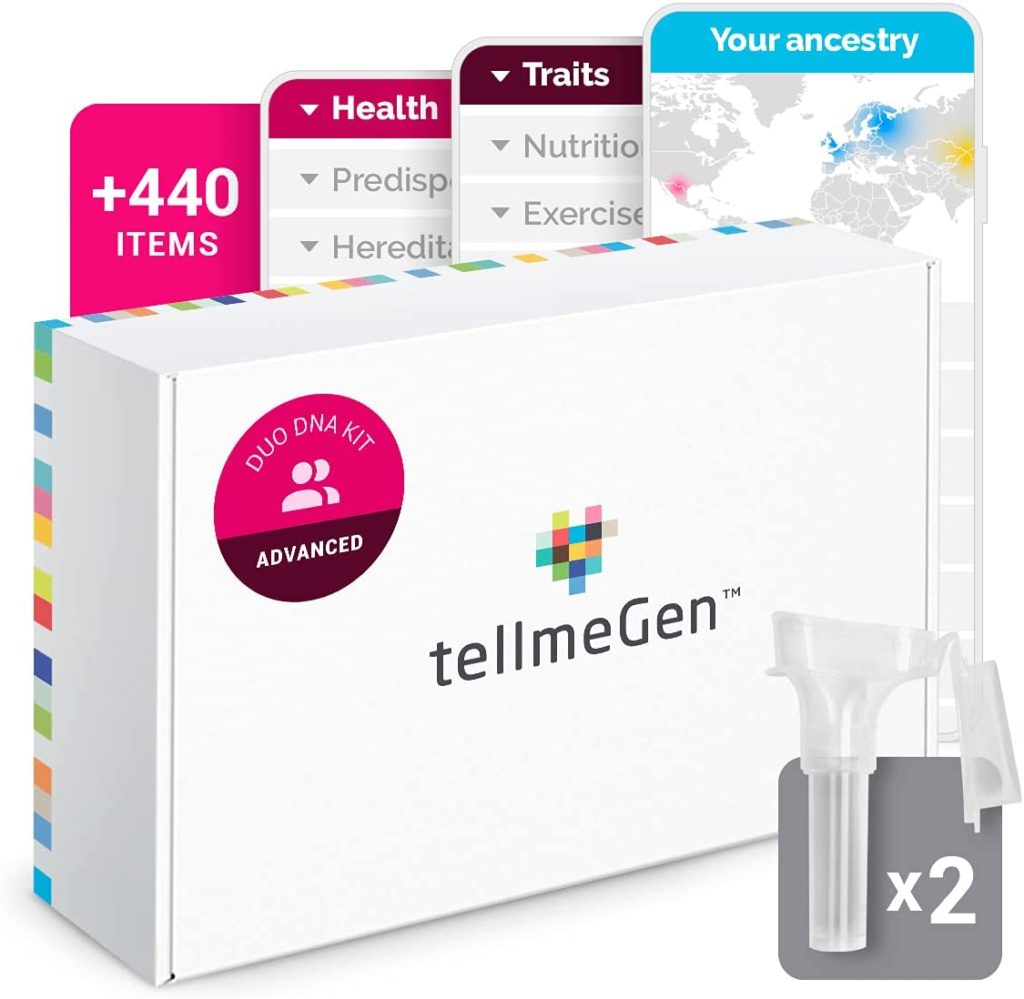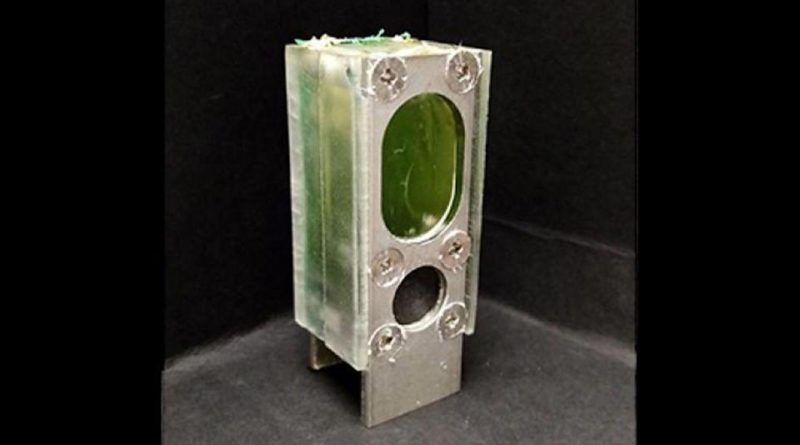Algae-Powered Computer Runs on Water and Light
[Please note that this page contains affiliate links. If you choose to purchase after clicking a link, I may receive a commission at no extra cost to you.]
An algae-powered computer has been able to run for more than a year exclusively on the energy created through photosynthesis — showing an alternative way to power the billions of internet-connected technologies.
The Internet of Things (IoT)
The network of devices now connected to the internet includes billions of computers. By 2035, scientists predict one trillion phones, intelligent gadgets, and others will all be online.
Lithium-ion batteries fuel many IoT devices. But those have substantial shortcomings — they are costly, the energy does not last long, and typically, they die altogether, which turn into e-waste.
Algae-Powered Computers
Scientists from British tech company Arm and the University of Cambridge have shown a different source of power for IoT tech: algae.
For the study published in the journal Energy & Environmental Science, the researchers created a container about as big as an AA battery out of clear plastic and aluminum. Then, they filled it with algae and water that use photosynthesis to make energy from sunlight.
That process creates a tiny electric current. Then, an electrode in the tech uses that current to power a tiny computer processor typically used in IoT devices.
The algae-powered computer was made to work for 45 minutes — then it goes into standby mode for about 15 minutes, and then it repeats the cycle.
The technology was then left purposely on a windowsill. According to the scientists, who submitted the study after just six months of operation, it has worked great for more than a year, even during the night — as the algae process some food during darkness.
The Future of Algae-Powered Computer
The algae-powered computer can add numbers, as you would need a lot of devices to do the type of processing that other devices did. For example, it would take approximately 333 million devices to be able to run a PC.
More research is still needed to see how the system can be scaled up. Although, the senior author Christopher Howe said to New Scientist he foresees the device having some real-world uses.


